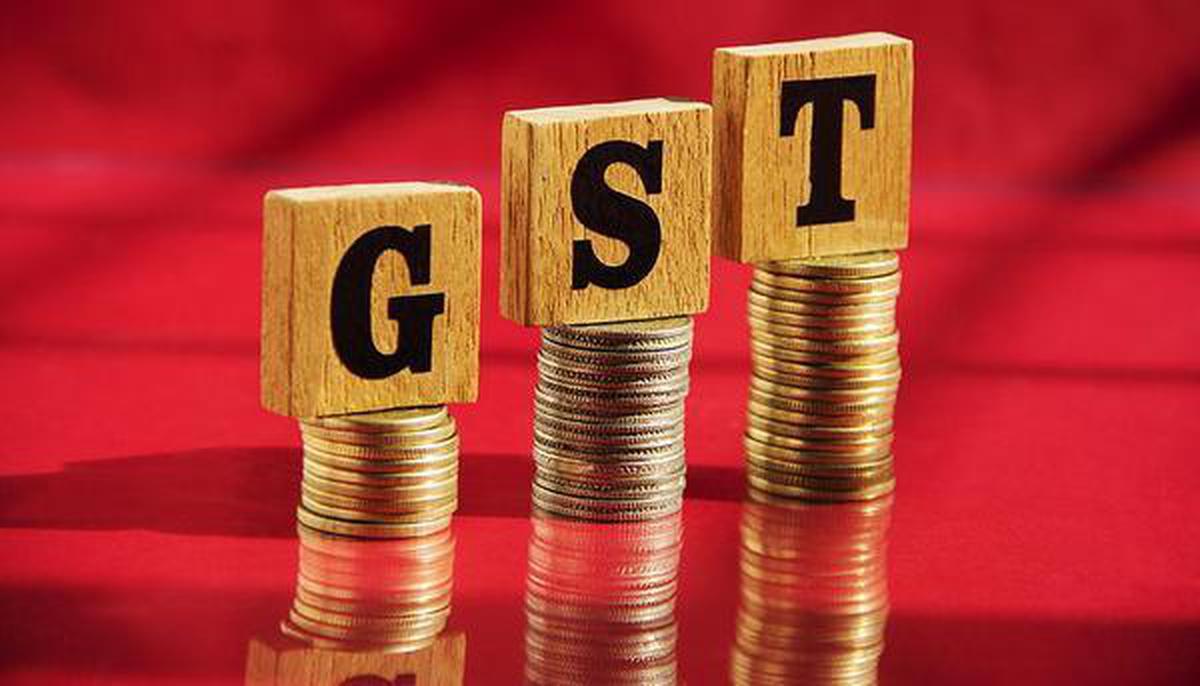Delhi HC Upholds Validity of Anti-profiteering Provision of CGST Act (TOI)

- 30 Jan 2024
Why is it in the News?
Delhi High Court has upheld the constitutional validity of the anti-profiteering clause in the GST law, which mandates companies to pass on the benefit of lower taxes and input tax credits to consumers.
What is an ‘Anti-profiteering’ Activity?
- Any reduction in the rate of GST tax on any supply of goods or services or the benefit of input tax credit should have been passed on to the recipient by way of a commensurate reduction in prices.
- The wilful action of not changing the final price of the good or service by various means, despite the reduction in the rate of the tax for that particular good or service, amounts to “profiteering”.
How is the Anti-profiteering Mechanism Under the CGST Act?
- CGST mandate a 3-tier structure for investigation and adjudication of the complaints regarding profiteering.
- a) National Anti-profiteering
- b) Authority Directorate General of Safeguards
- c) State-level screening committees and standing committee
How Does the Screening Committee and Standing Committee Work?
- GST council may constitute a standing committee, having members from both state and central government.
- Every state shall constitute one state-level screening committee.
- It will have one member from the state government and one member from the central government as nominated by the respective appropriate authority.
- The complaints or issues of local nature will be first examined by the screening committee.
- State-level screening and standing committee will examine the complaint and determine the prime facie evidence to support the validity of the complaint.
- If any committee satisfies that the supplier has contravened section 171 of the CGST Act, the case shall be transferred to DG Safeguards for further investigation.
- The committees shall complete the investigation within a period of a month from the date of the receipt of the application.
What is the Role of DG Safeguards in the Anti-profiteering Mechanism?
- DG safeguards are the main investigation arm in the anti-profiteering mechanism.
- It can summon the interested parties make inquiries or call the relevant documents.
- It can seek help from technical experts in the due course of investigation.
- DG Safeguards shall complete the investigation within a period of three months from the date of receipt of the report from either screening or standing committee.
- The period can be extended for another three months.
Who Can File the Complaint Against Profiteering?
- Any consumer or organisation experiencing a non-reduction in the price of the goods or service despite the reduction in the rate of GST can file a complaint with proper evidence.
- Any supplier, trader, wholesaler or retailer, who could not get the benefit of input tax credit on account of a reduction in the rate of GST, can also file the complaint with proper evidence.
